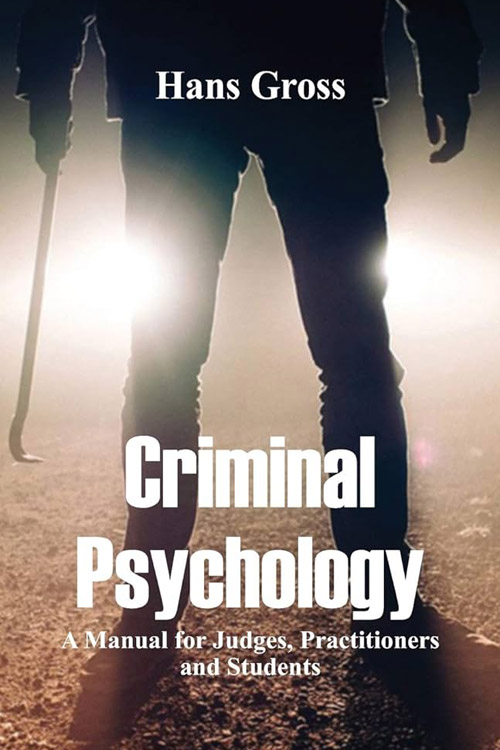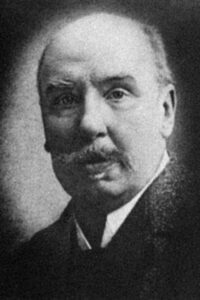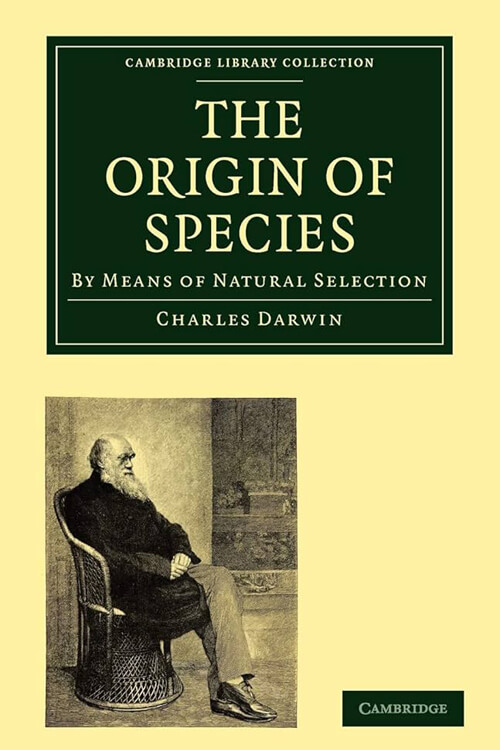
Criminal Psychology: A Manual for Judges, Practitioners, and Students
Generally, statements are made without such reservations and, even if the matter is not specific, with complete assurance. What thus holds of daily life also has, and more intensely, of court witnesses, particularly on crucial issues. Anybody experienced in their conduct comes to be convinced that witnesses do not know what they know. A series of assertions are made with utter certainty.
Yet when these are successively subjected to closer examinations and tested for their ground and source, only a small portion can be retained unaltered. Of course, one may overshoot the mark here. Even in daily life, a man may often feel shaky in his most absolute convictions, using an energetic attack and searching questions. Conscientious and confident people are elementary subjects of such doubts. Somebody narrates an event; questioning begins as to the indubitability of the fact and the exclusion of possible deception; the narrator becomes uncertain. He recalls that, because of a lively imagination, he has already believed himself to have seen things otherwise than they were. Finally, he admits that the matter might have been different.
During trials, this is still more frequent. Being in the court excites most people; the consciousness that one’s statement is, or maybe, of great significance increases the excitement, and the official’s authoritative character subdues many people to conform their opinions to his. What wonder, then, that however much a man may be convinced of his evidence’s correctness, he may fail in the face of the doubting judge to know anything certainly?
Read or download Book
Hans Gross
Hans Gustav Adolf Gross or Groß (December 26 1847 – December 9 1915) was an Austrian criminal jurist and criminologist, the “Founding Father” of criminal profiling.
Biography.
Gross, a criminal jurist, made a mark as the creator of the field of criminality. Throughout his life, Hans Gross made significant contributions to scientific criminology. As Gross developed in his career as an examining justice, he noticed the failings of the field of law. His book, classes, institutions, and methods helped improve the justice system through his experience as a justice. Gross was born on December 26, 1847, in Graz, Austria. As a young adult, Hans Gross graduated from his hometown’s university in 1870 as a jurist. His education resulted in two decades of learned knowledge in law.
Gross served as the Examining Justice of Styria, where he served as a judge and prosecutor for all crimes presented to him. During his service, he dealt with several fraudulent charges. During this job, Gross realized the many shortcomings of the present justice system. Back then, the Examining Justice stood as a criminal investigator. During this time, there were very few crime investigators. Many of the law officers were volunteers or ex-police officers. As a result, jurists mainly solved and prosecuted all crimes brought before them and proved to be a poor system as many of the magistrates relied on their personal knowledge and limited facts or evidence. This lack of organization led to Gross’s active work in criminal science.






